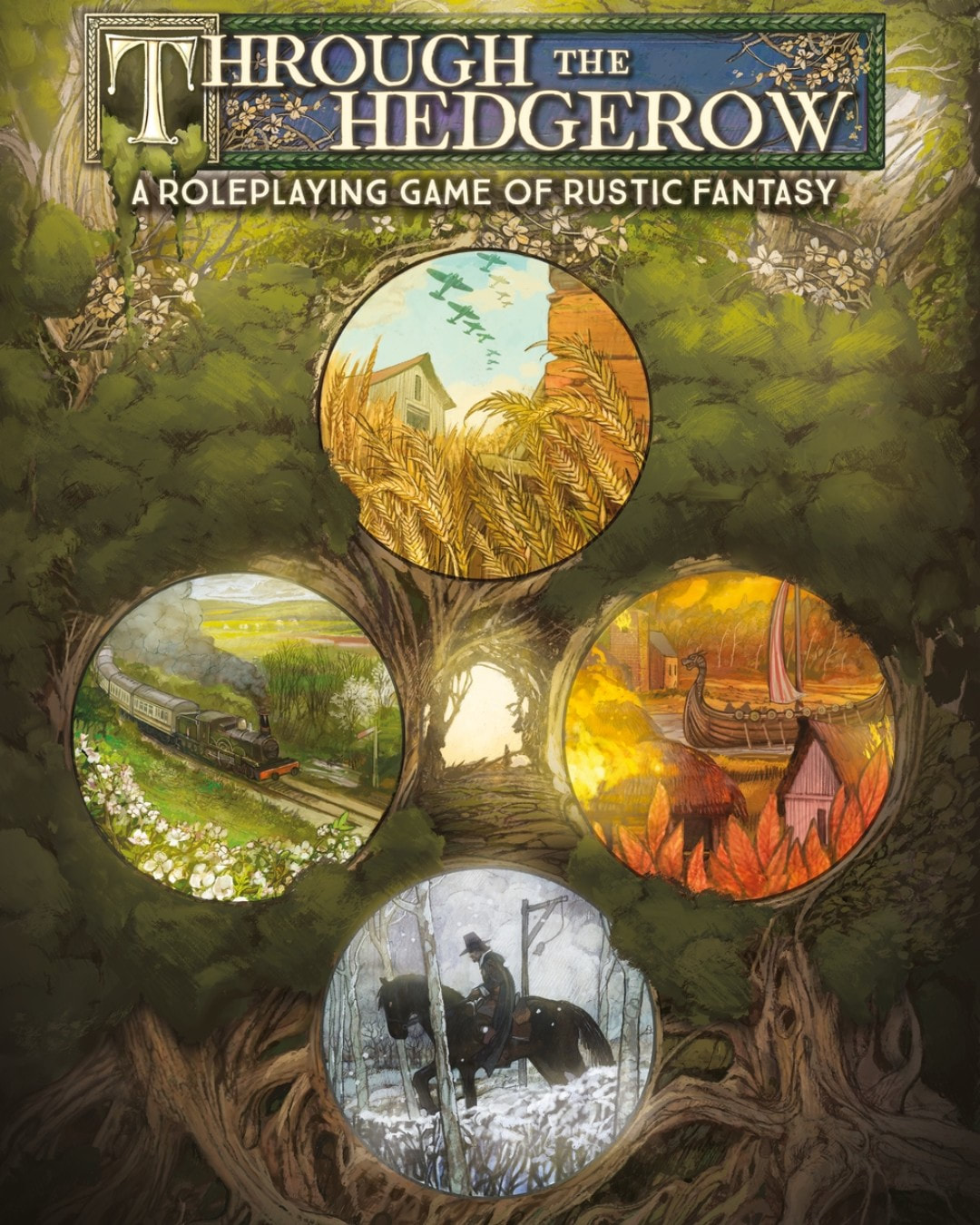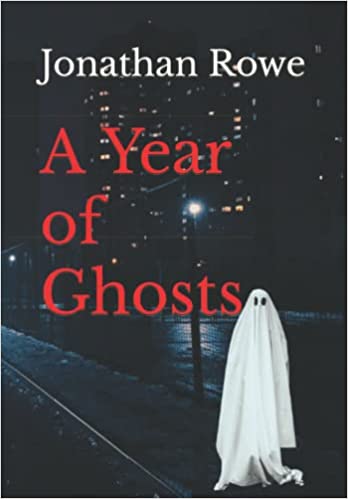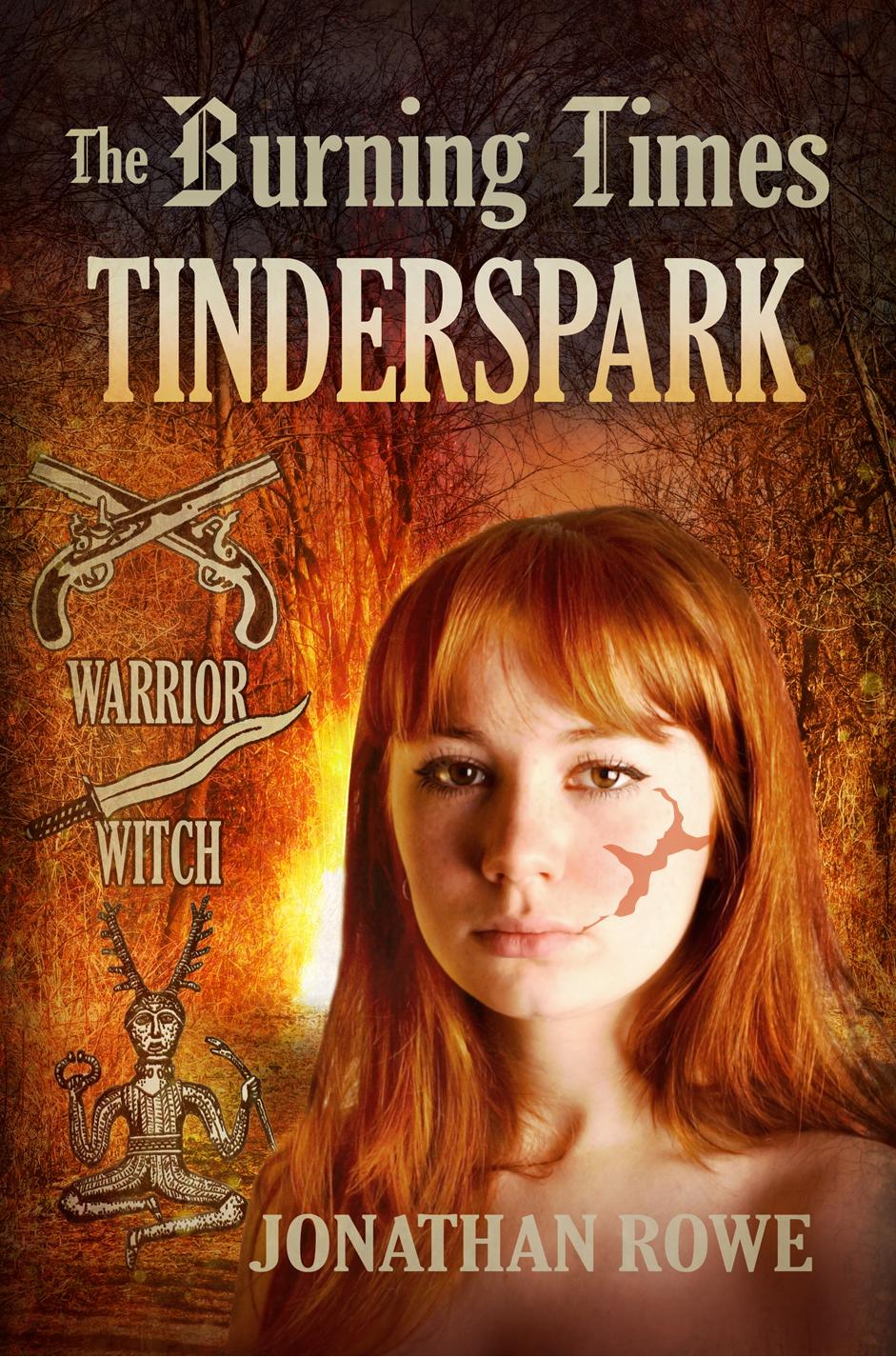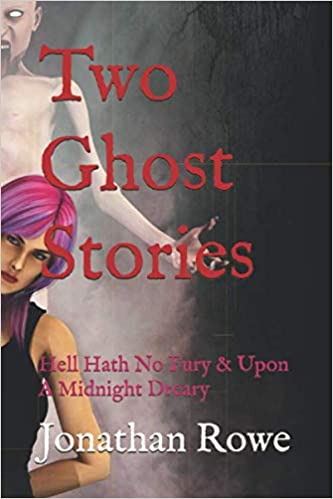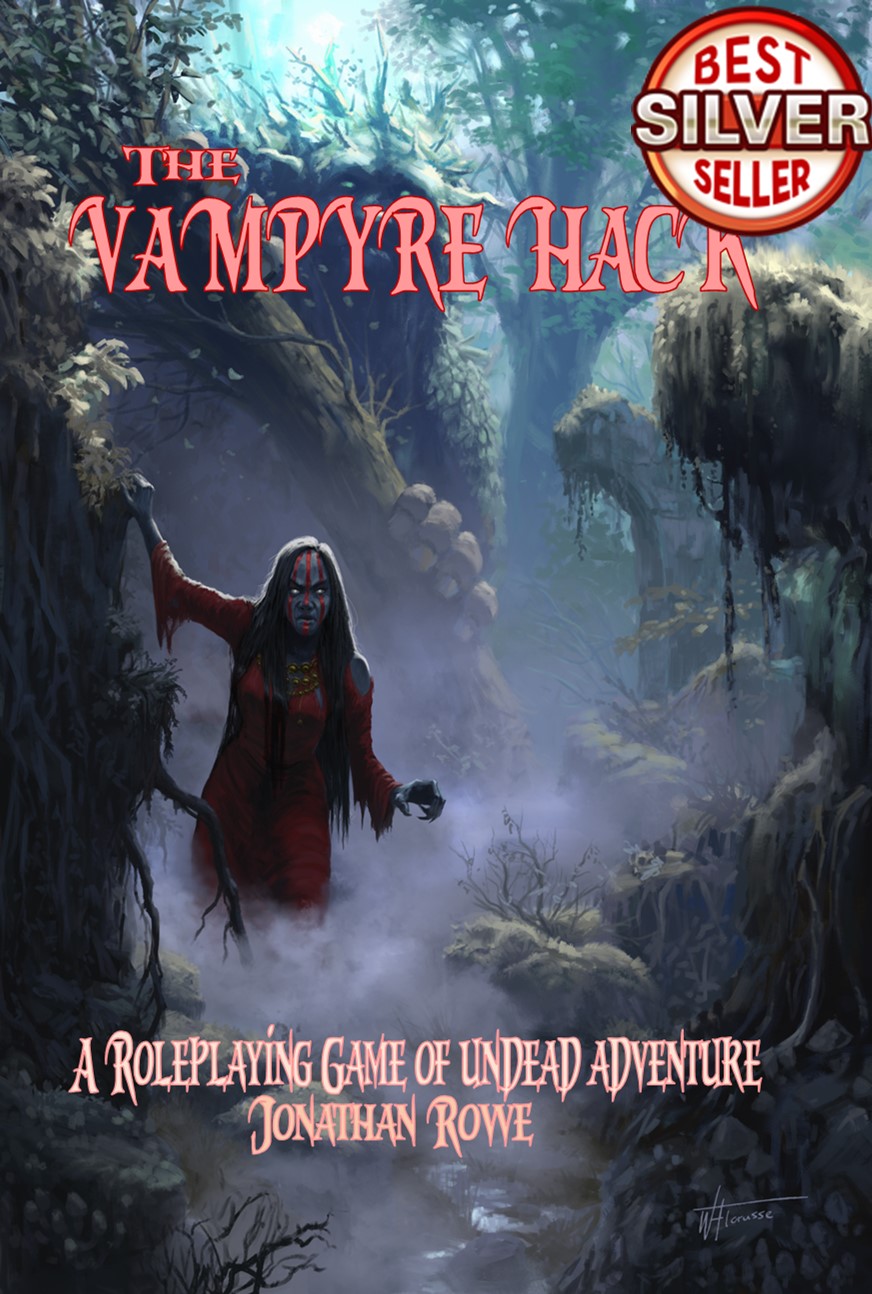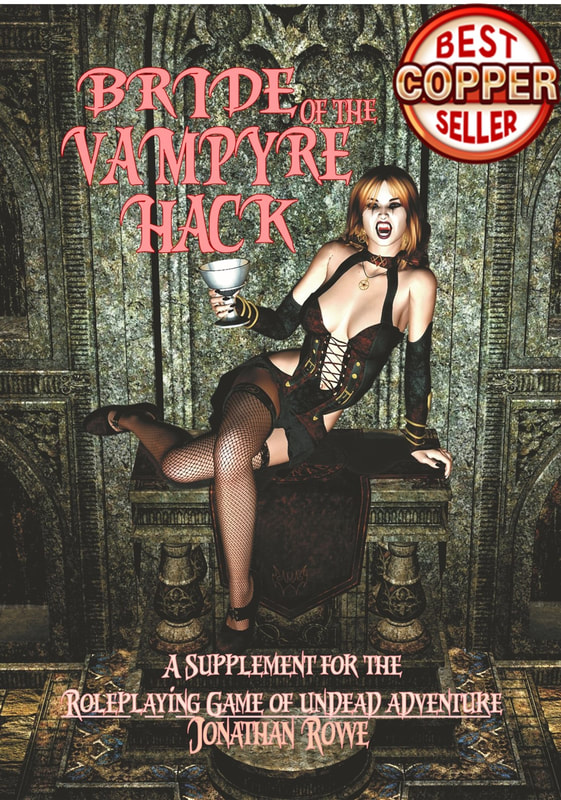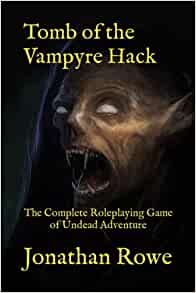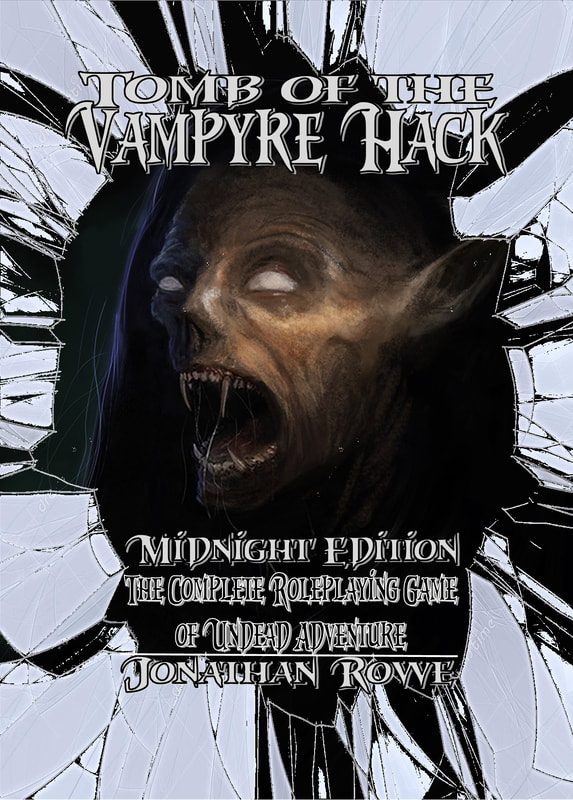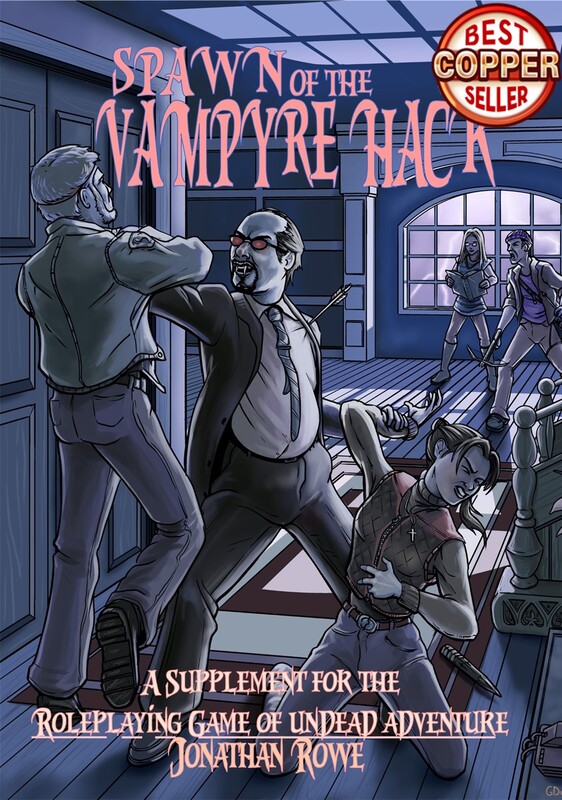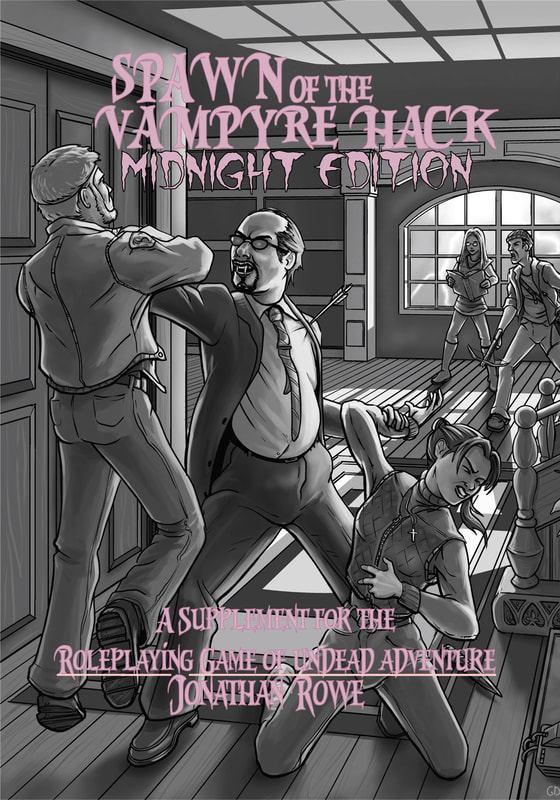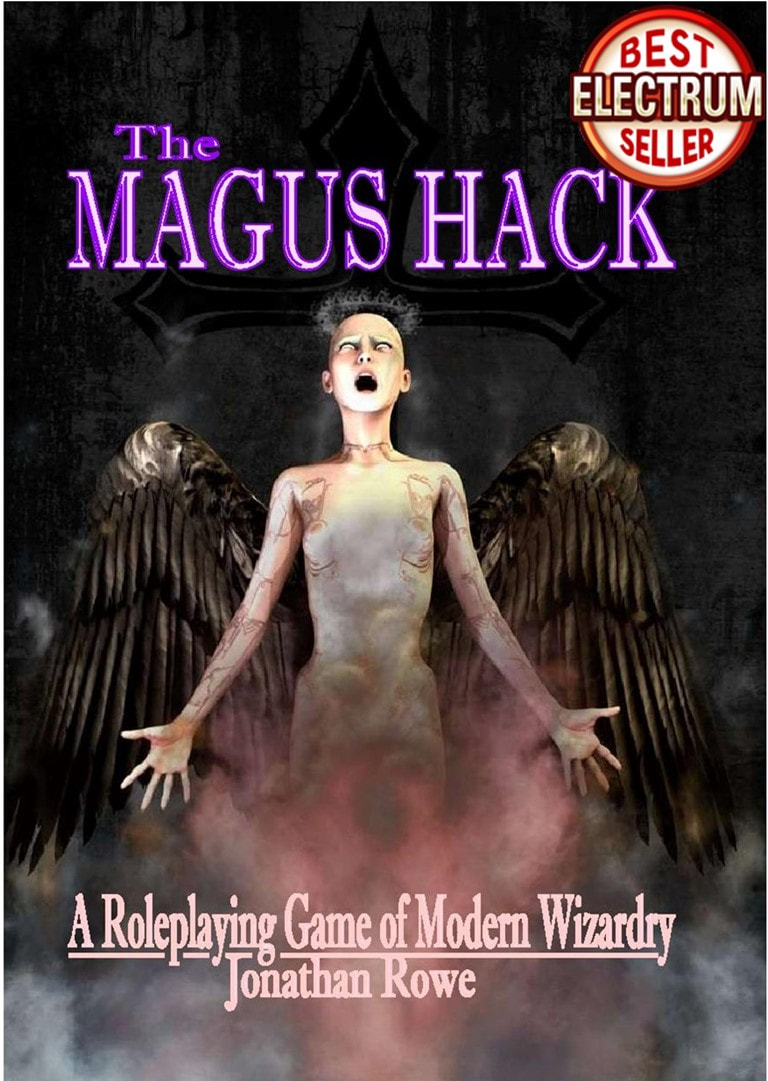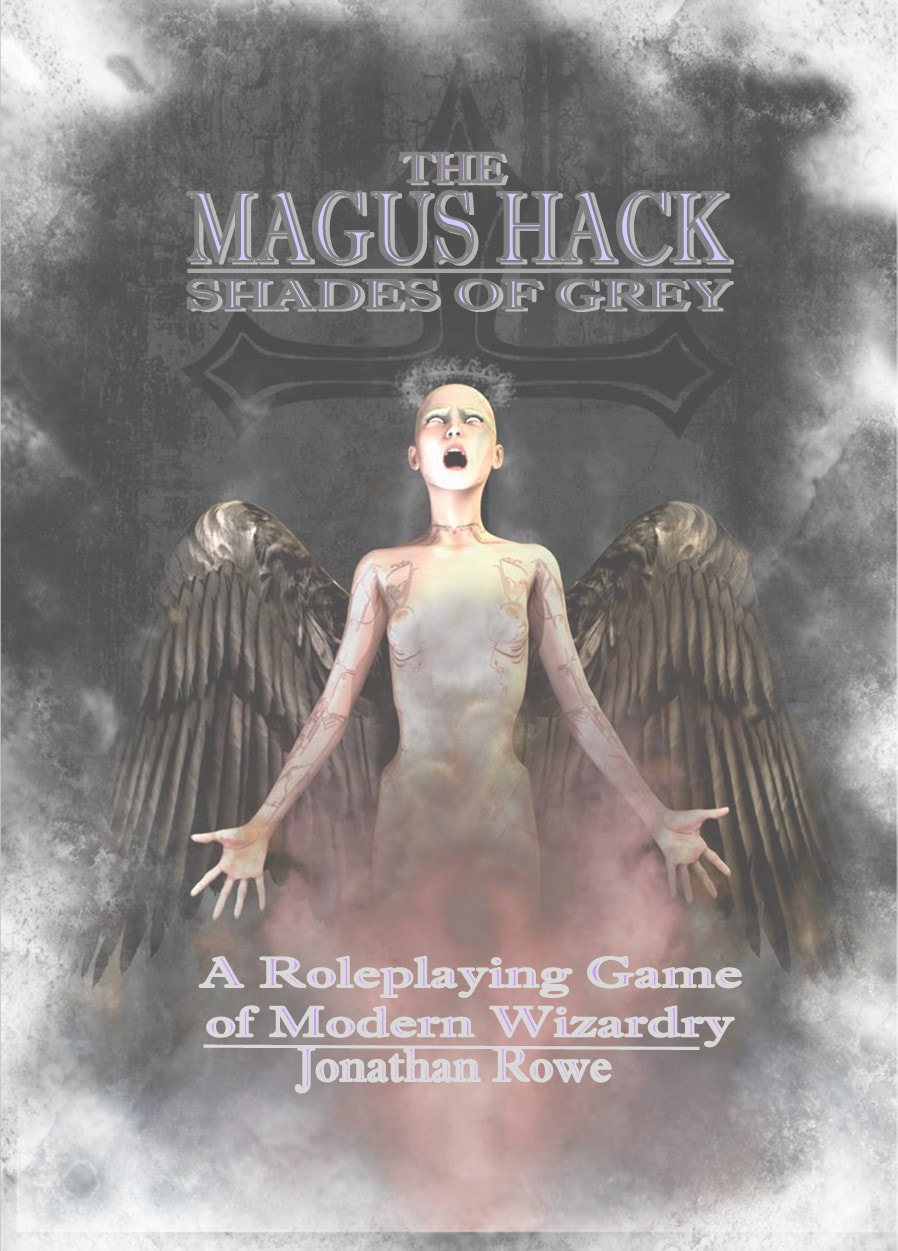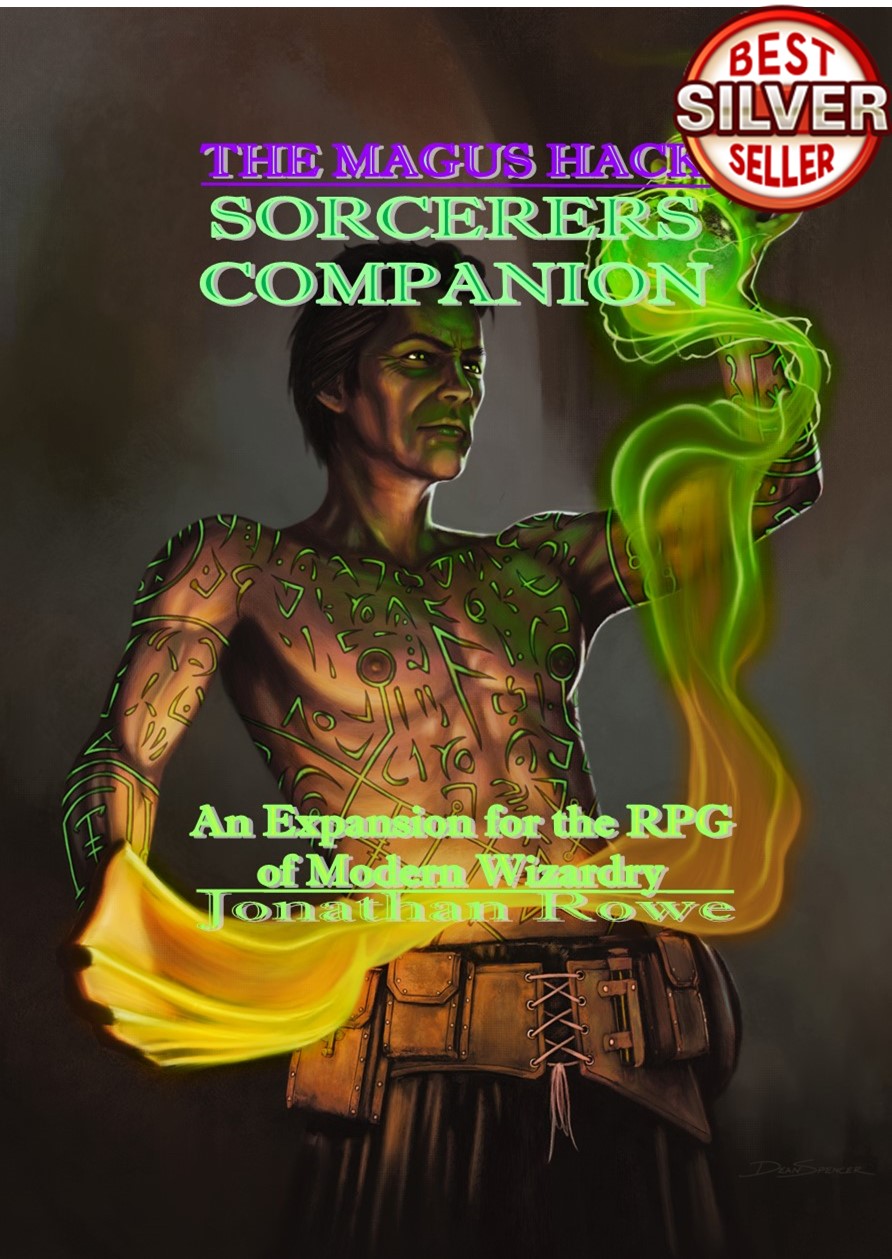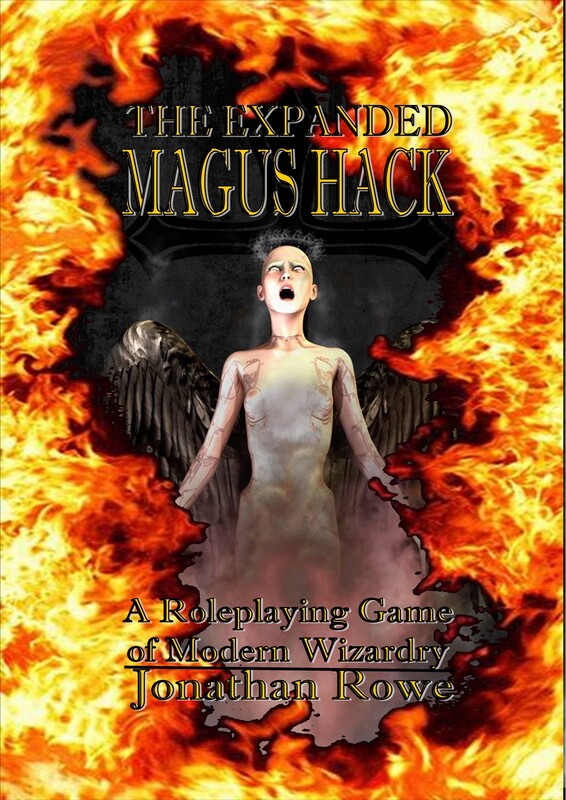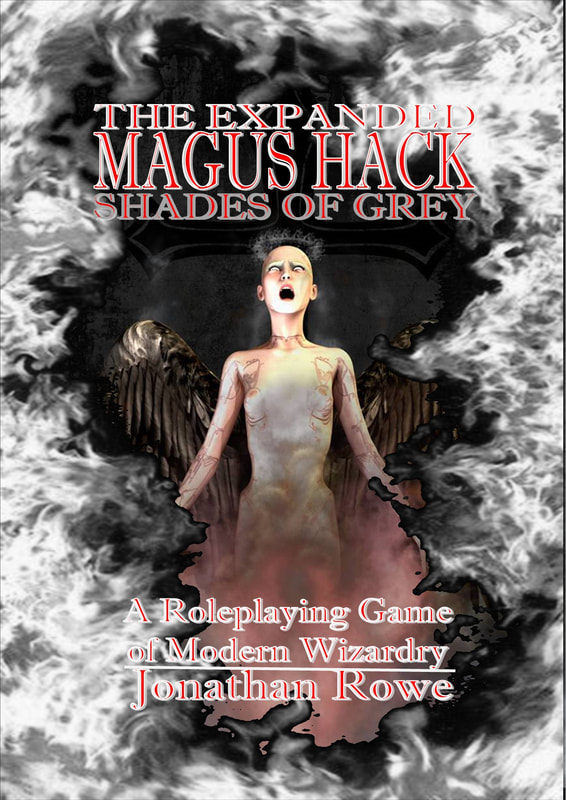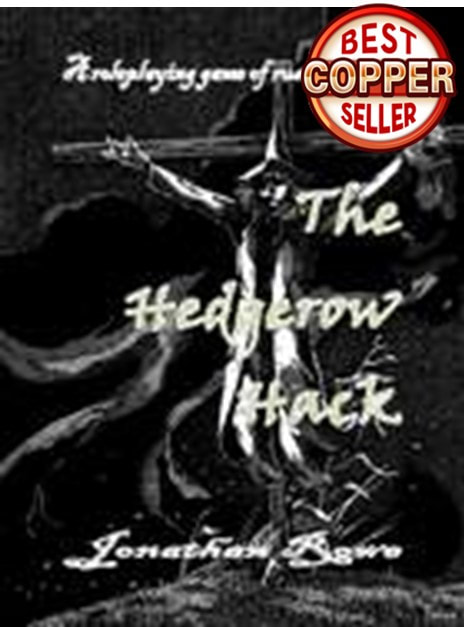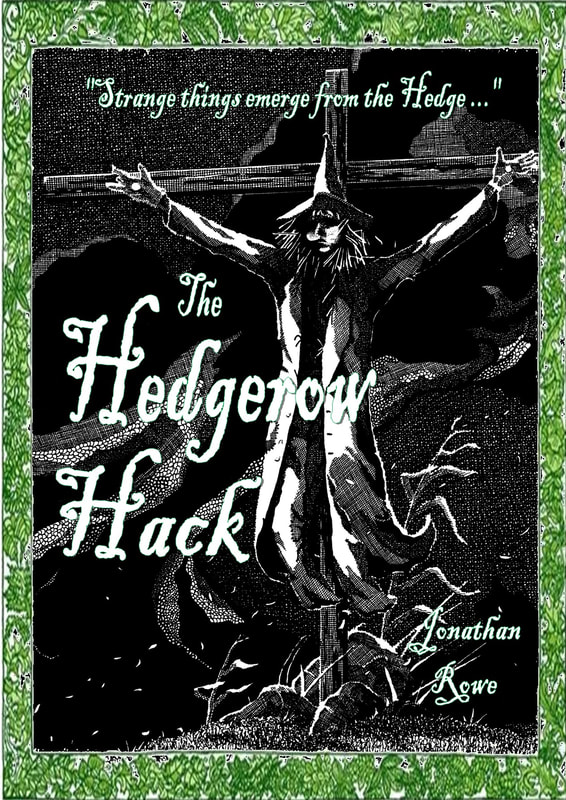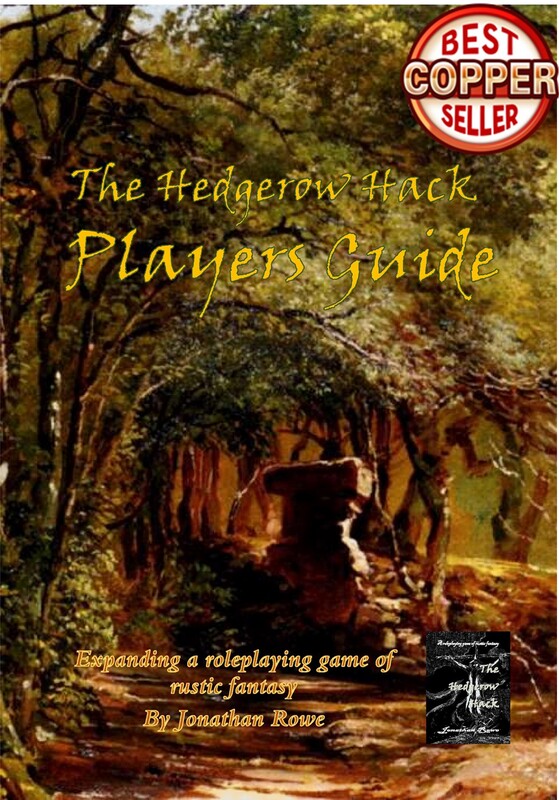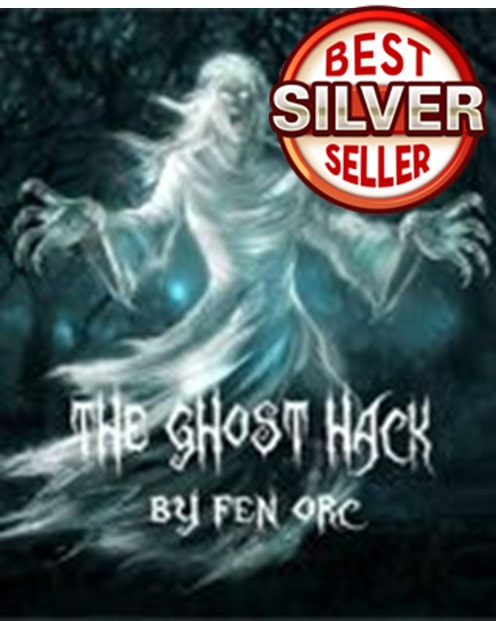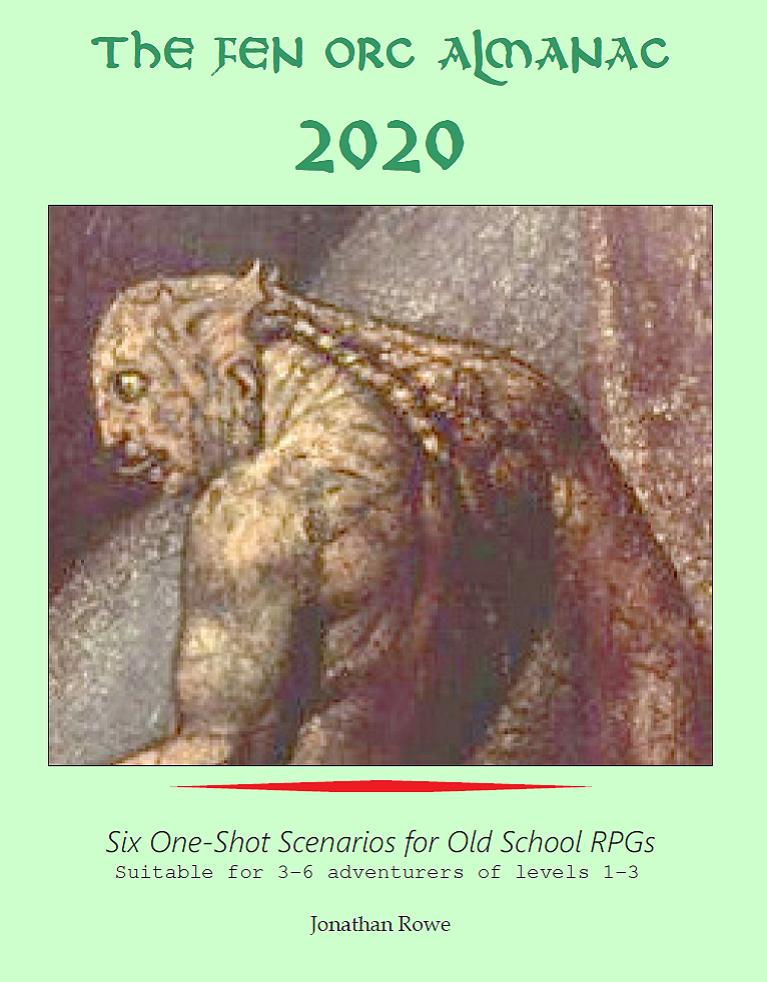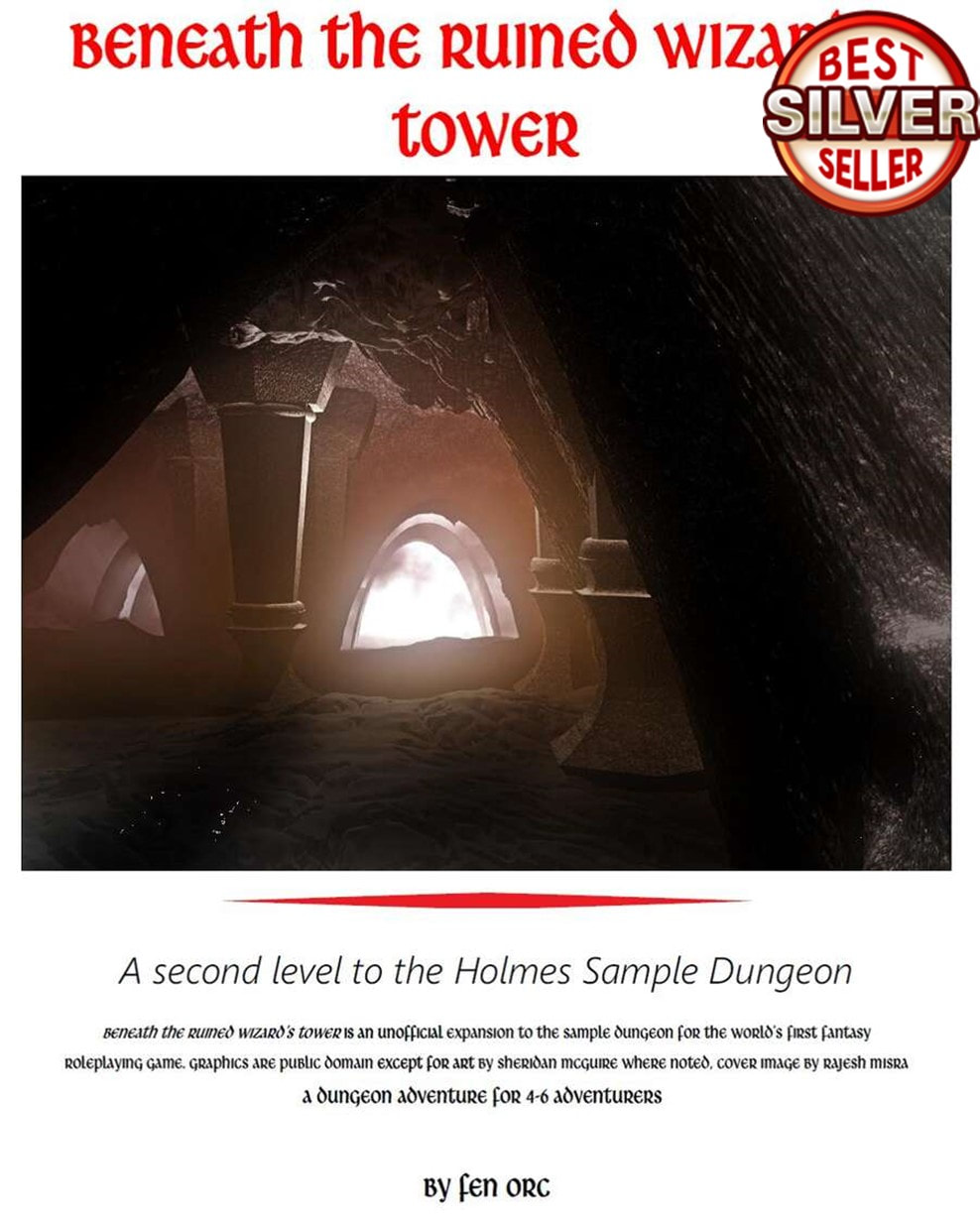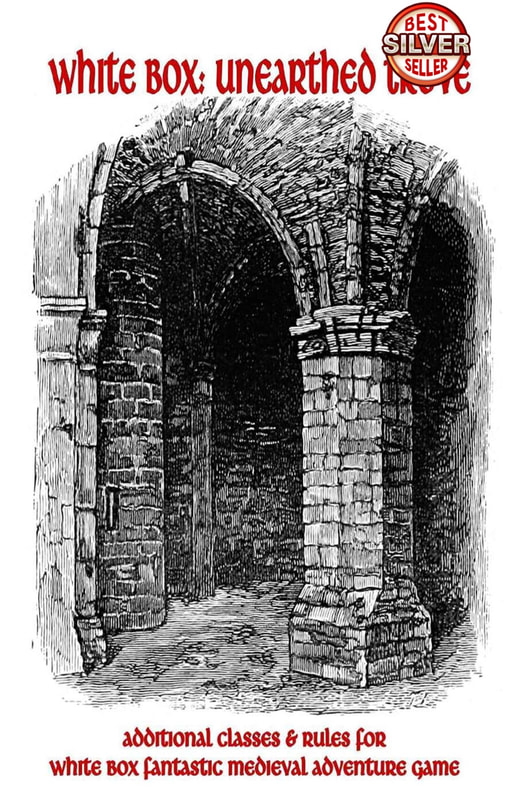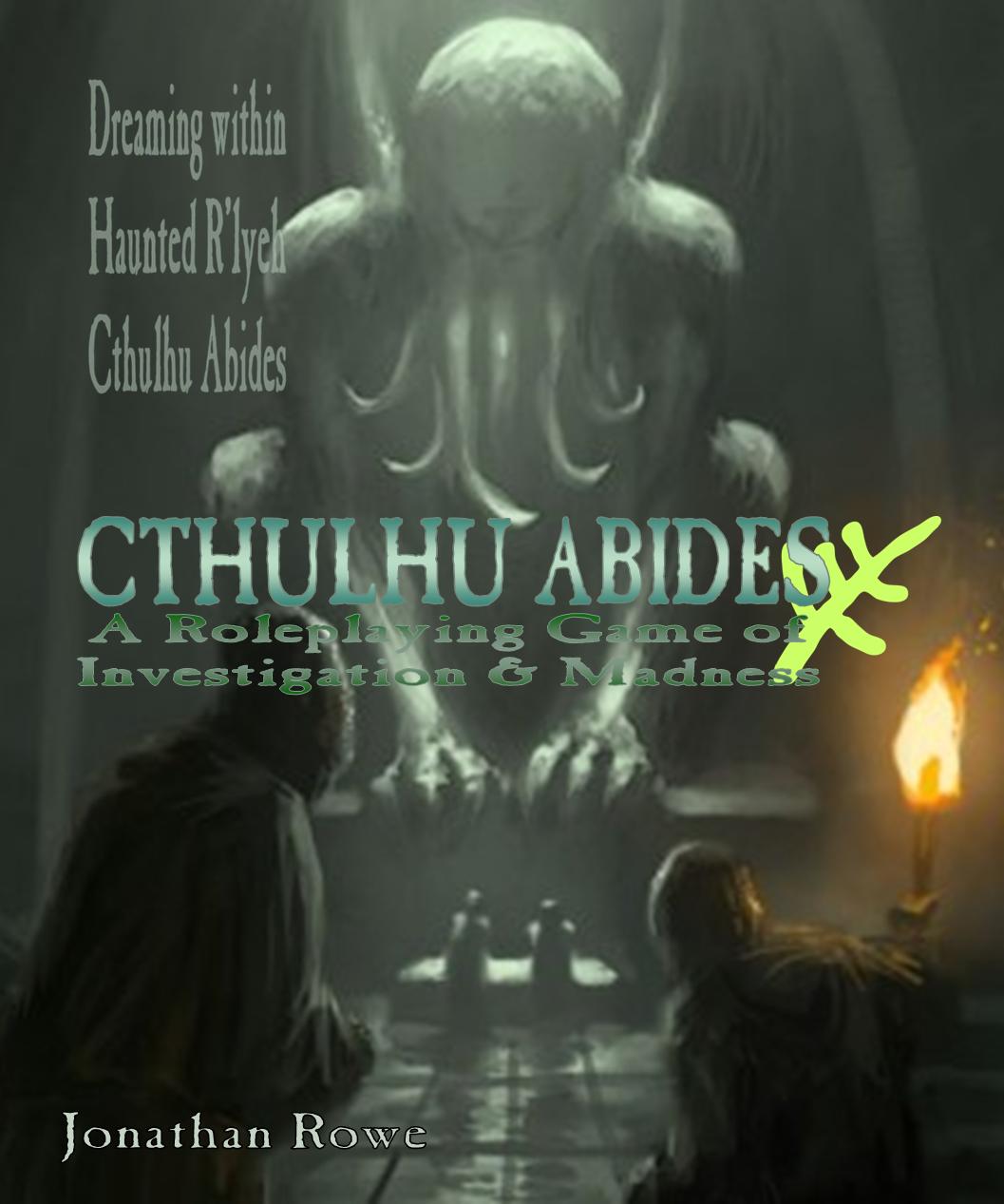|
We're playing a campaign using White Box: Fantastic Medieval Adventure Game, which makes a virtue out of simplicity. We like to impose a critical hit (maximum damage!) on a 20, so there needs to be a critical failure on a 1. Currently we go with the old drop-your-weapon standby. There's nothing wrong with drop-your-weapon (DYW). It's simple. You can spend a round picking it up again (foregoing your attack) or someone else can pick it up for you (foregoing their action) or you can just draw another weapon and bash on with that. I note with a sinking heart that White Box uses the ghastly one minute melee round (p31) that Gary Gygax introduced for AD&D. Why?!?!? I wrote about this back when I was reviewing Forge: Out of Chaos. In a one minute melee round you have plenty of opportunity to pick up a dropped weapon yourself. Needless to say, my White Box melee rounds are a brisk 10 seconds. The problem with DYW is that it gets a bit boring. Players never get tired of dealing maximum damage but they do get fed up of dropping their weapons, especially the Dark Elf War Smith whose warhammer seems to be made out of banana skins. DYW also gets comedic, which is fine on some occasions but not the vibe you want in more dramatic showdowns. I need to resist the urge to create a complicated Critical Fail table, partly because this is White Box here and partly because whatever I create for PC fumbles will have to apply to monsters too and, as a Referee, I don't want extra book-keeping. Option 1: Fumbles Are Stressful I already use the Trauma & Insanity system, adapted from Goblinpunch. I find it pretty easy to track and it doesn't alter the structure of the game too much, but it helps spotlight scary moments and indicates to players when danger is looming. So far only two characters (both belonging to the same player!) have contracted any permanent derangements, but a few people have had awkward breakdowns. A simple mechanic is: if you roll a natural 1 in combat, gain a Trauma point. Of course, you then have to make a Breakdown Test by rolling over your current Trauma on a d20 (Wisdom modifiers apply) and if you fail that you freak out in the manner of your choosing for 1d6 rounds or else 'suck it up' and waive the penalty at the cost of taking on a derangement. This means combat fumbles don't always produce a bad side-effect, but they contribute to your overall stress and, when they do explode in your face, you could be quite severely discomfitted. The beauty of this is elegance: it relates to a mechanic I already use and my players understand and it's a mechanic which periodically causes PCs to freeze or flee or freak out. Of course, it doesn't apply to monsters - instead, a Natural-1 could cause them to make a Morale Check. There are some monsters (Berserkers, Undead) who simply don't fail Morale Checks, so a Natural-1 is just an ordinary fail for them. Is that a problem? Option 2: Fumbles Are Feints Another view is that a fumble in combat represents, not your clumsiness, but your opponent's craftiness. They feinted or somehow drew you into a reckless attack that exposed yourself. A simple mechanic is: the enemy you are attacking gets a free attack. In other versions of D&D, this could be quite punishing, but remember two things:
The beauty of this is that it speeds fights up by adding in extra attacks now and again. Given the damage output that PCs have, it probably plays in favour of PCs. It rewards high-HP, high-AC characters who can endure multiple attacks. Most importantly, it's REALLY SIMPLE. You roll a 1 and your opponent hits you: simples. Option 3: A Critical Miss Table It's a classic solution:
This was my first solution, but on reflection it's the least attractive. It's another damn table to roll on. The results won't always make sense in the narrative. It can be unintentionally comedic at the wrong times. But it does introduce uncertainty and drama to combat. One option is to decide which to use on a case-by-case basis, announcing it at the start of any given fight. Being swarmed by Giant Rats or an army of rotting Skeletons is stressful, so Option 1 fits best: your fumbles means the rats are in your hair, the skeletons' bony fingers are at your throat. A duel or matched melee against humanoid opponents fits Option 2 better: you are both trying to break through each other's guard. A party attack on a big enemy fits Option 3 better: if you are all fighting a Dragon or a Giant, it keeps swatting you away and deafening you with its roars.
0 Comments
Leave a Reply. |
30 Minute Dungeons
Essays on Forge
FORGE Reviews
OSR REVIEWS
White Box
THROUGH THE Hedgerow
Fen Orc
I'm a teacher and a writer and I love board games and RPGs. I got into D&D back in the '70s with Eric Holmes' 'Blue Book' set and I've started writing my own OSR-inspired games - as well as fantasy and supernatural fiction.. Archives
July 2024
Categories
All
|

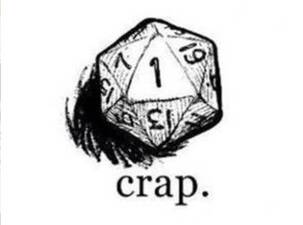
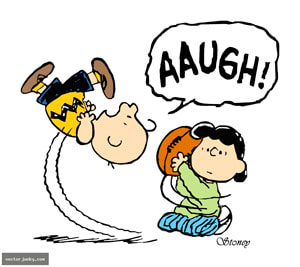
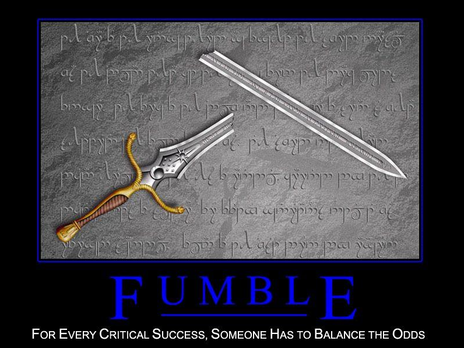
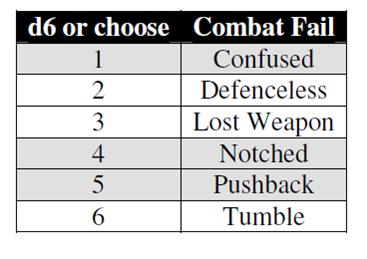
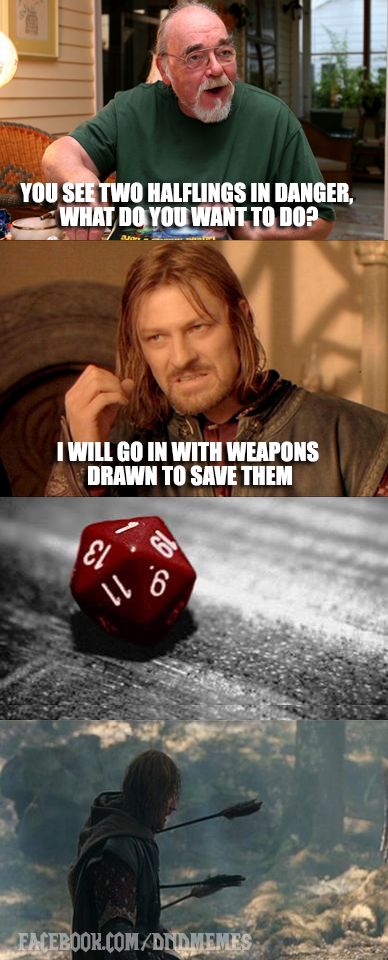

 RSS Feed
RSS Feed
